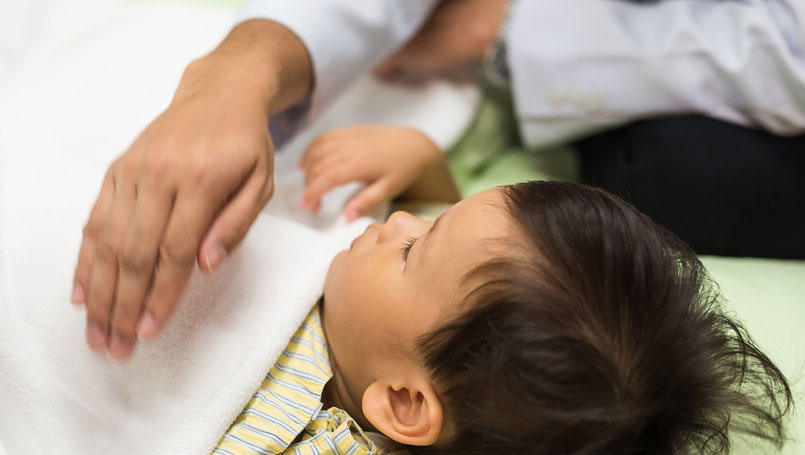
We asked Arsala Bakhtyar, M.D., Beaumont Children’s pediatrician, to shed some more light on respiratory syncytial virus, commonly known as RSV:
How common is RSV?
RSV is the most common cause of airway inflammation and infection in young children. Almost all children get infected by RSV before their second birthday. Per year, about 60,000 hospitalizations occur due to RSV in children.
Who is most susceptible to it and why? Is it worse at any particular age?
RSV most commonly affects the extreme of ages.
Premature infants, very young infants and those with chronic lung or heart disease or with suppressed immune systems have a greater chance of having a more severe infection such as a lower respiratory tract infection.
Infection without symptoms is rare among infants. It also affects older age groups (> 65 years) and can cause severe disease with fatal outcomes in that population.
Although it is worse in the very young and very old, it can affect any age group, however; symptoms are milder in young adults and children older than 5.
What are the symptoms to look for?
Symptoms are similar to any other respiratory virus and can include:
- high fever
- cough
- sneezing
- shortness of breath
- runny nose
- wheezing
In very young children, irritability, decreased appetite and fatigue may also be present.
How is it treated?
There is no specific treatment available for RSV. However, affected patients are treated symptomatically with intravenous hydration and oxygen. Bronchodilators such as albuterol may also be helpful to treat symptoms.
How can it be avoided?
Like any other respiratory virus, RSV can be prevented by frequent hand washing; avoiding to touch face, nose, mouth with hands; and avoiding close contacts with sick people.
It is strongly encouraged to stay at home when sick. Disinfecting surfaces can also help prevent the spread of the virus. However; as I mentioned before, almost every child before age 2 is affected by RSV and it is a very hard infection to avoid.
What are some of the common misconceptions about the virus?
Some people assume RSV is always dangerous. This is not true, as RSV is only dangerous in very young and very old, otherwise it is a benign illness.
It is also untrue that children who have RSV will eventually develop asthma.
